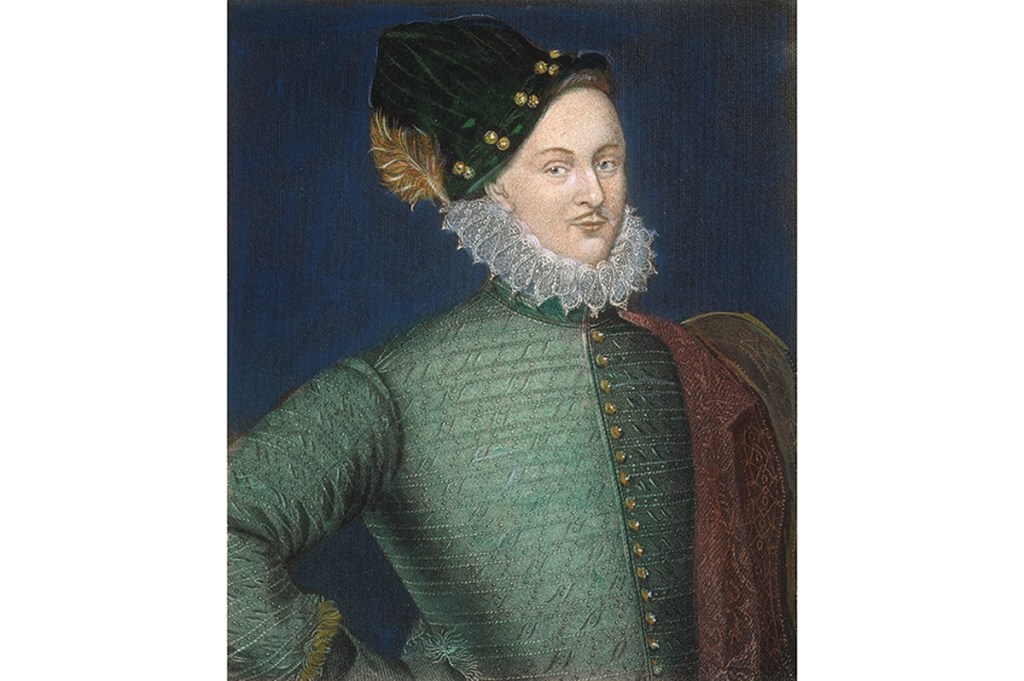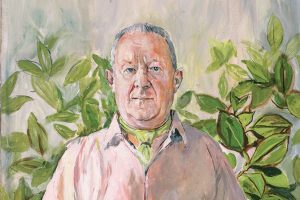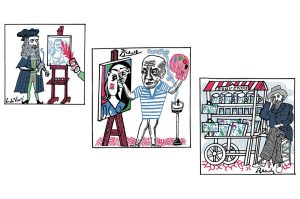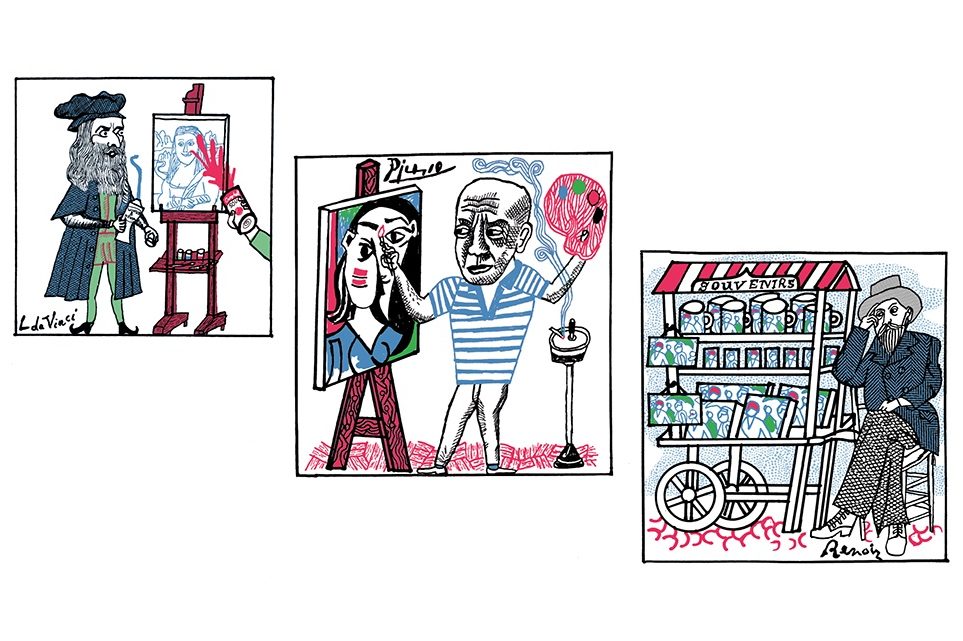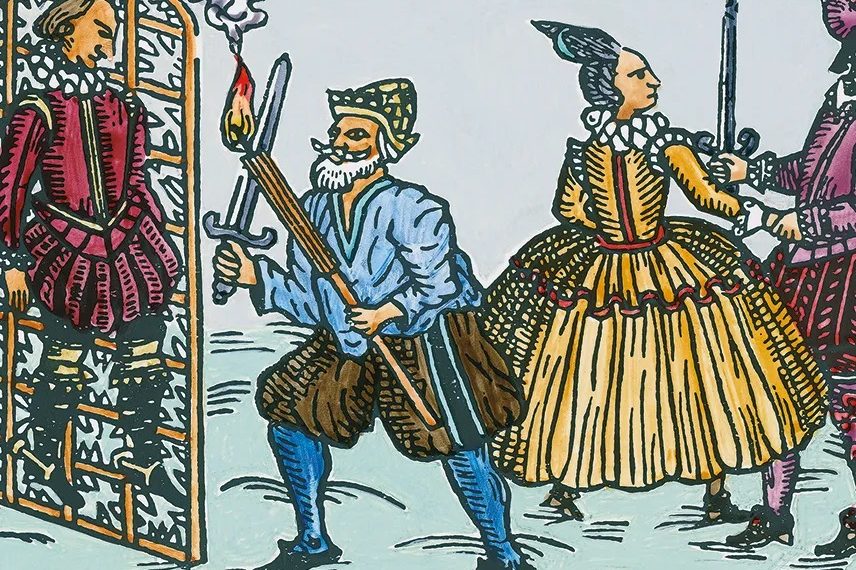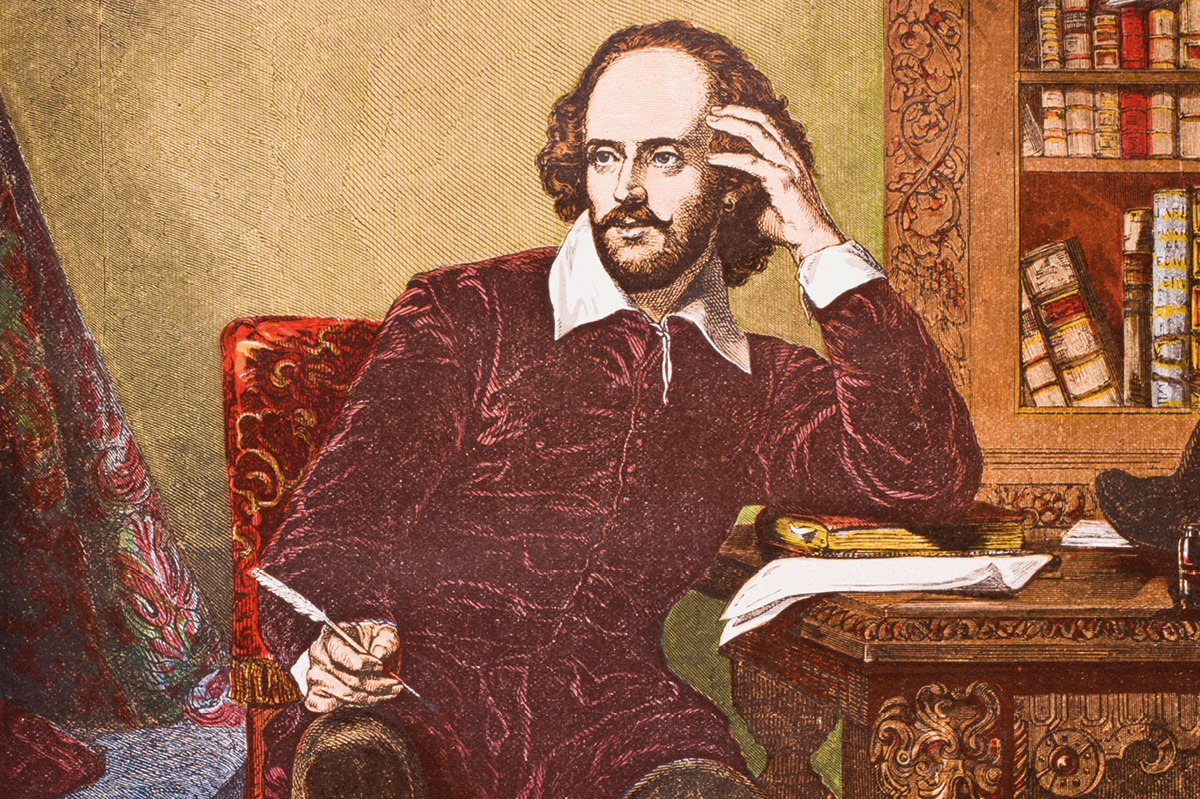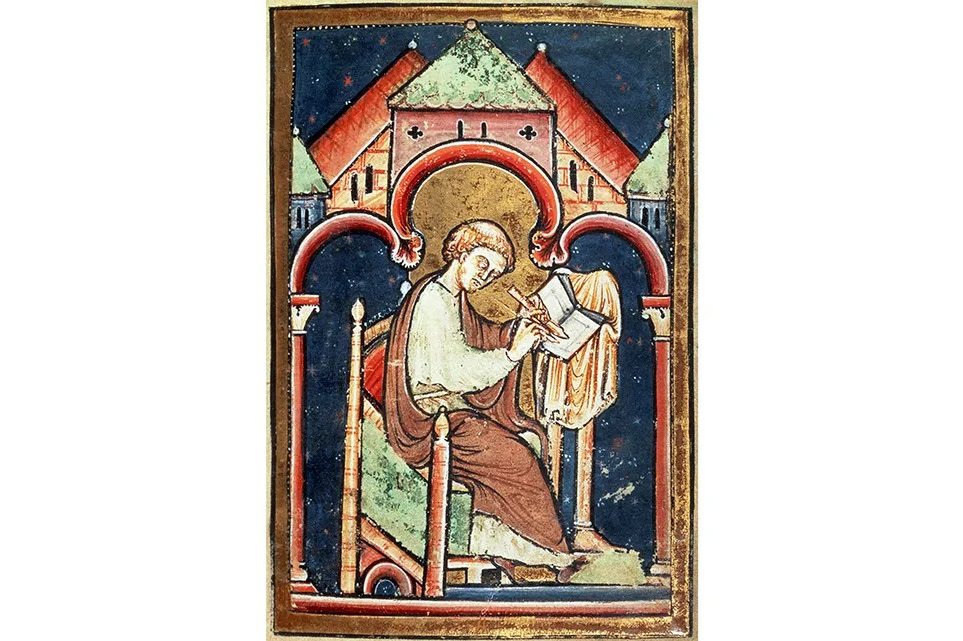Let’s start with the basics. Despite widespread disinformation, including in Shakespeare was a Woman and Other Heresies, there is in fact ample historical evidence from the period that a) attributes the plays and poems to William Shakespeare, b) registers the same William Shakespeare as an actor and shareholder in Lord Chamberlain’s, later King’s Men, and c) connects this William Shakespeare with the William Shakespeare of Stratford-upon-Avon. Only if you believe that all this evidence is fabricated does the authorship question become a question. And once the question is admissible, all that mass of documentation is no longer sufficient to answer it.
Faced with this unwinnable argument, Shakespearean scholars (“Stratfordians,” as the doubters dub them) overwhelmingly prefer not to engage. They respond with hostility to any question about the authorship of the works, sometimes raising the ethical stakes by comparing the skeptical, anti-expert bias of the authorship question to conspiracy theories, to anti-vax campaigns or Holocaust denial. Or, as Elizabeth Winkler puts it with a certain sadomasochistic frisson, at the mention of this “unspeakable subject”: “Tears may be shed. A whip may be produced. You will be punished, which is to say, educated.” Whip or no, the general response of scholarship might be characterized as complacent gate-keeping or defensive self-interest. And this in turn feeds the doubters. If the professionals are so rattled by this, surely there must be something to it after all.
Reviewing this engaging and wrong-headed book is thus a challenge. Too contemptuous, and I am simply one of the “Shakespearean priesthood,” that purblind queue of “orthodox believers in the one true church” who do not “take kindly to the denial of [their] god.” Too engaged by the argument, and it has already won by establishing itself as worthy of academic debate.
In a book based on an entirely irrational premise, there is, nevertheless, much to like, not least the running image of that priestly caste. One of Winkler’s Stratfordian interviewees hopes “you will soon find an enterprise more worthy of your obvious talents;” and, while patronizing, he’s not wrong. She opens with the exemplary case of Miss Evelyn Hopkins’s 1964 bequest to an organization committed to proving Francis Bacon wrote Shakespeare, which was contested by her family. The judge, prompted by an agnostic testimony from Hugh Trevor-Roper, agreed that there was indeed sufficient doubt about the authorship for this to be a legitimate charitable bequest. The judgment is used beautifully to set up questioning skepticism as a logical, generous and non-partisan position: “Miss Hopkins’s bequest to the Francis Bacon Society was upheld.”
Winkler’s prose is readable and often witty, landing some good blows. That no one ever doubted Shakespeare’s authorship during his own time is a standard Stratfordian defense. Winkler smartly points out similarly long periods of acceptance for obvious fallacies including the Flat Earth. Her disappointment at a glum visit to Stratford-upon-Avon is something that, hand on heart, many Shakespeareans might endorse, although the fact that the town is now a tacky tourist trap is not obviously relevant to the likelihood of its having produced Shakespeare.
The authorship question has always been a debate about expertise, so it is unsurprising to have it re-emerge at a time when expertise is so routinely denigrated. While Winkler is not obviously aligned with other anti-expert movements, her methods and impulses are similar. “Who has the authority to determine the truth about the past?” she asks, endowing her version of the question with a larger cultural and intellectual ambition than the curious admixture of snobbery, Gnosticism and cryptography that has tended to characterize the issue in earlier iterations. Although Winkler traces the history of English studies as a discipline as part of her understanding of the authorship question, anti-Stratfordians operate almost entirely outside the academy of professional Shakespeare study. She reflects that the issue was never raised in her own Ivy League literary education.
Rather, authorship skepticism is a position often espoused by lawyers, by academics in other fields, or by actors. They are often hugely well-informed about a very narrow, even obsessive, field of detail. Details are key to the quasi-forensic work of authorship denial. Was the printed form “Shak-spear” really a secret hint at an alias, where “the hyphen recalls other hyphenated pseudonyms such as Tom Tell-troth and Simon Smell-knave?” Or mightn’t those self-evidently implausible last names have been more significant than the fact that they were hyphenated? Time and again, an insubstantial niggle becomes the glare on the visor that proves the moon landings were staged, or the untraced Fiat Uno at the scene of Diana’s death.
One thing we do learn from Winkler’s book is that Stratfordians are uptight, inhospitable and shifty. A frigid interview in Stratford-upon-Avon begins with a half-hearted offer of a cup of tea. Winkler feels optimistic about a conversation lubricated by this particularly British peacemaker, but her polite agreement — only if you’re having one — produces a negative. No tea, and no conversation. Cut to a shabby-chic Somerset farmhouse with a board groaning with the oddly specific spread of “venison, courgettes, omelette, sausages and salad,” as if the Very Hungry Caterpillar had joined a chapter of QAnon. Here, the table talk is the claim that Edward de Vere, Earl of Oxford wrote the works attributed to Shakespeare. Winkler’s host recounts his own conversion on perceiving that a phrase connected with Shakespeare in an obscure 1595 book, “courte-deare-verse,” was “a perfect anagram of ‘our-de-vere a secret.’ I thought ‘Bloody hell. A secret!’ I tell you, I nearly died.” “No scholar,” Winkler remarks portentously, “has managed to explain it.”
These contrasting welcomes serve a stern binary message. It is the doubters who are open-minded, intellectually explorative and willing to think anew as they solicitously fuel their brave interlocutor with granola bars and homemade cake. The Stratfordians’ mean-spiritedness as they avoid interviews and pretend they have to cut short the conversation because the phone is ringing, doubles down on their gatekeeping project. But Winkler’s comparison also exemplifies the ways that Shakespeare was a Woman and Other Heresies toggles between the grandiose and the banal. On the one hand this is a book on a grand scale with ambitions to engage with questions of evidence, free speech, social coercion and groupthink. On the other, it is a bathetic series of inconclusive and inconsequential fragments, built on pantomimically admiring or denigrating character sketches.
Ultimately, Winkler’s book fails on two counts: one internal to its assumptions and one outside them. The external point is that network of evidence securing Shakespeare as the author of his works. But more significant is Winkler’s decision not to identify an alternative candidate. The book is unconvincing because it explores, without ultimate judgment, the claims of numerous alternative authors. There is an argumentative logic, and an integrity, to replacing Shakespeare with a preferred alternative candidate, even if it is incorrect. Adherents of Henry Neville, or Oxford, or Bacon, or Marlowe, or Mary Sidney or any of the other candidates at least have the gumption to back their runner. Replacing Shakespeare with the serial uncertainty of different, variously unconvincing claims seems a zero-sum game. Winkler’s “heresies” become flashy thought experiments. Not only are they wrong, but they are also in bad faith.
Her final interview with a Shakespearean might just effect an eleventh-hour rapprochement, not least because she is at last given refreshments. But to her frustration, this scholar simply repeats that “she wasn’t interested in the author.” The quest has fizzled out. In the final line of the book Winkler shifts her focus, but too late. The ultimate mystery she wants to explore with Stratfordians is “not of belief, but of indifference.” In the end, the real Shakespeare authorship question is not who, but who cares?
This article was originally published in The Spectator’s UK magazine. Subscribe to the World edition here.



